- About
- Programs
- Issues
- Academic Freedom
- Political Attacks on Higher Education
- Resources on Collective Bargaining
- Shared Governance
- Campus Protests
- Faculty Compensation
- Racial Justice
- Diversity in Higher Ed
- Financial Crisis
- Privatization and OPMs
- Contingent Faculty Positions
- Tenure
- Workplace Issues
- Gender and Sexuality in Higher Ed
- Targeted Harassment
- Intellectual Property & Copyright
- Civility
- The Family and Medical Leave Act
- Pregnancy in the Academy
- Publications
- Data
- News
- Membership
- Chapters
Fellows
Center for the Defense of Academic Freedom Fellows
 |
Tim Cain is a professor in the University of Georgia’s Louise McBee Institute of Higher Education, where he teaches classes on the US system of higher education, the professoriate, and the history of higher education. Much of his research explores historic and modern issues involving academic freedom, student activism, campus unionization, and learning outcomes assessment. It includes Establishing Academic Freedom (Palgrave Macmillan, 2012), Campus Unions (Jossey-Bass, 2017), and, with colleagues at the National Institute for Learning Outcomes Assessment, Using Evidence of Student Learning to Improve Higher Education (Jossey-Bass, 2015). He currently serves as an associate editor for the Review of Higher Education and previously served in the same role at the History of Education Quarterly. |
 |
Sumi Cho came out of retirement to serve as the director of strategic initiatives at the African American Policy Forum to fight the war against "wokeness," critical race theory, and DEI. Prior to joining AAPF, she served as a law professor teaching courses on critical race theory and intersectionality in addition to race, racism, and US law, along with other traditional law courses. In 2017, she was awarded her university’s highest excellence in teaching award. She was also the inaugural recipient of the Derrick A. Bell Distinguished Service Award from the Association of American Law Schools’ Minority Section. |
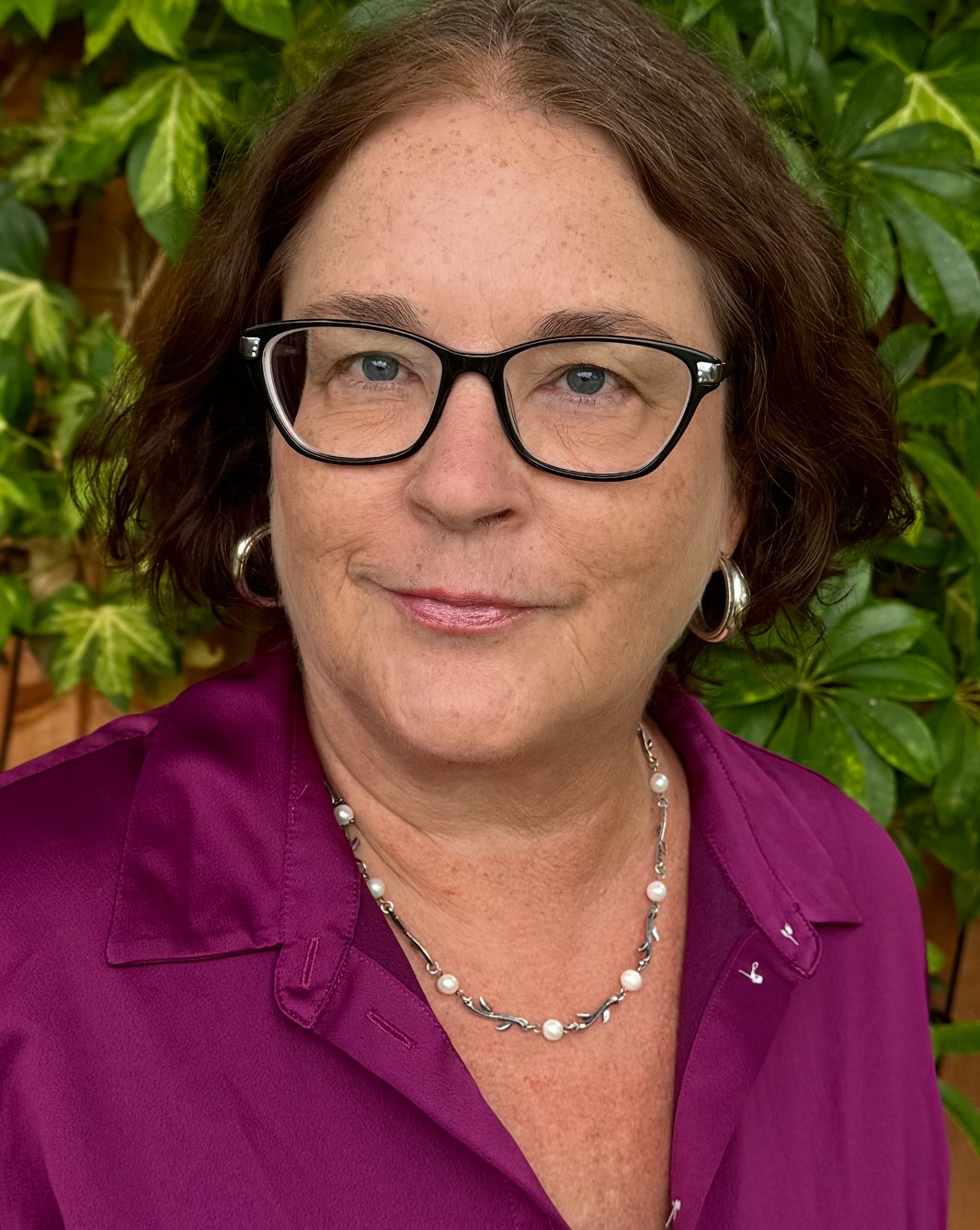 |
Eve Darian-Smith is a Distinguished Professor and chair of the Department of Global and International Studies at the University of California, Irvine. She is an interdisciplinary scholar trained in law, history, and anthropology. She is an award-winning author and teacher and has published widely, including 7 books and 7 edited volumes. Her latest book Global Burning: Rising Antidemocracy and the Climate Crisis (2022) won the Betty & Alfred McClung Lee Book Award and silver medal in the environment section of the IPPY Awards. Her forthcoming book is Policing the Mind: The Antidemocratic Attack on Scholars and Why It Matters (Johns Hopkins University Press, 2025). Link to full online bio: https://faculty.sites.uci.edu/edarian/ |
 |
Veena Dubal currently serves as AAUP General Counsel and is a professor of law at UC Irvine's School of Law. Her research focuses broadly on law, technology, and precarious workers, combining legal and empirical analysis to explore issues of labor and inequality. Her work encompasses a range of topics, including the impact of digital technologies and emerging legal frameworks on workers' lives, the interplay between law, work, and identity, and the role of law and lawyers in solidarity movements. She holds JD and PhD. degrees from the University of California, Berkeley, where she conducted an ethnography of the San Francisco taxi industry. She is the recipient of numerous awards and grants, including the Fulbright, for her scholarship and previous work as a public interest lawyer. |
 |
Dr. Mary Anne Franks is the Eugene L. and Barbara A. Bernard Professor in Intellectual Property, Technology, and Civil Rights Law at George Washington Law School. Her areas of expertise include First Amendment law, Second Amendment law, law and technology, criminal law, and family law. She is the President and Legislative & Tech Policy Director of the Cyber Civil Rights Initiative (CCRI), the leading U.S.-based nonprofit organization focused on image-based sexual abuse, and the author of two books: Fearless Speech: Breaking Free from the First Amendment (Bold Type Books, 2024) and The Cult of the Constitution: Our Deadly Devotion to Guns and Free Speech (Stanford Press, 2019). She holds a JD from Harvard Law School and a doctorate from Oxford University, where she studied as a Rhodes Scholar. She is admitted to practice in the U.S. Supreme Court and the District of Columbia. |
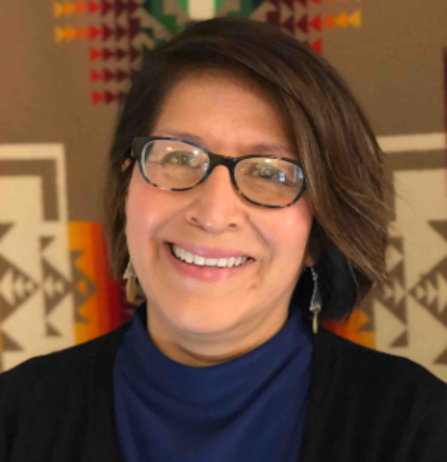 |
Sandy Grande is a professor of political science and Native American and Indigenous studies at the University of Connecticut. Across her work, she aims to produce more nuanced analyses of the colonial present. She was recently awarded a fellowship through the UConn Humanities Institute for a project on Indigenous elders and aging. She was also a recipient of the Ford Foundation senior fellowship. Her book Red Pedagogy: Native American Social and Political Thought was published in a tenth anniversary edition and a Portuguese translation is anticipated to be published in Brazil in 2025. In addition to her academic and organizing work, she has provided elder care for her parents for over ten years and remains the primary caregiver for her ninety-seven-year-old father. |
|
|
Tariq Habash is a founder and director of A New Policy and a Leadership in Government Fellow with Open Society Foundations. He most recently served as a political appointee and policy advisor in the US Department of Education. Tariq led the policy office’s student loan portfolio, regulatory policy planning, and budget development across higher education issues. He was the second government official and the first political appointee to publicly resign from the Biden administration due to its policy on Gaza and unrestricted support for Israel’s aggression against Palestinians. |
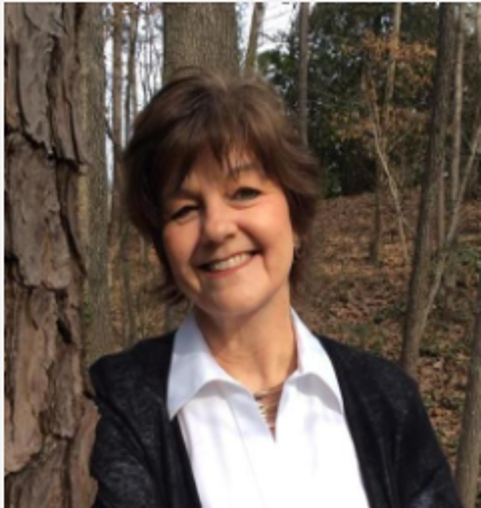 |
Nancy MacLean is the William H. Chafe Professor of History and Public Policy at Duke University and a past president of the Labor and Working-Class History Association. A historian of the modern US, she is the author of several award-winning books, most recently Democracy in Chains: The Deep History of the Radical Right’s Stealth Plan for America. MacLean’s scholarship has received more than a dozen major prizes and awards and has been supported by fellowships from the American Council of Learned Societies, the National Endowment for the Humanities, the National Humanities Center, the Russell Sage Foundation, and the Woodrow Wilson National Fellowships Foundation. |
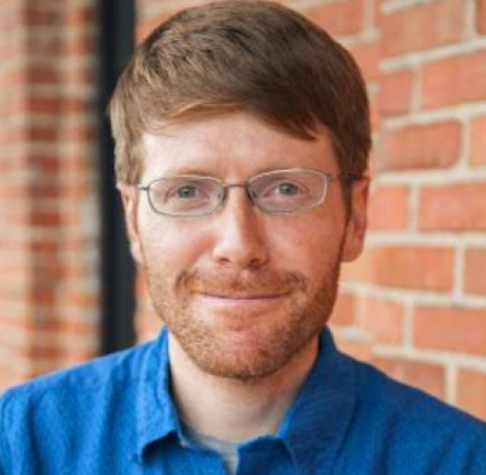 |
Eli Meyerhoff is a visiting scholar and program coordinator in the John Hope Franklin Humanities Institute at Duke University. His research and organizing focus on abolitionist, decolonial approaches to education institutions and alternative modes of studying. He wrote a book, Beyond Education: Radical Studying for Another World (University of Minnesota Press, 2019). He co-wrote “Abolitionist University Studies: An Invitation,” and has published in peer-reviewed journals including Social Text, Cultural Politics, Polygraph, ACME: An International Journal for Critical Geographies, Transformations: The Journal of Inclusive Scholarship and Pedagogy, the Journal of Curriculum Theorizing, and the Journal of Environmental Education. |
 |
Liz Montegary is an associate professor of women’s, gender, and sexuality studies at Stony Brook University. She is the author of Familiar Perversions: The Racial, Sexual, and Economic Politics of LGBT Families (Rutgers, 2018) and coeditor of the collection Mobile Desires: The Politics and Erotics of Mobility Justice (Palgrave, 2015). Most recently, she has published essays on the institutionalization of gender and sexuality studies on her campus and recent right-wing “anti-gender” attacks on the field across the United States in the Scholar and Feminist Online, the Abusable Past, and Feminist Formations. |
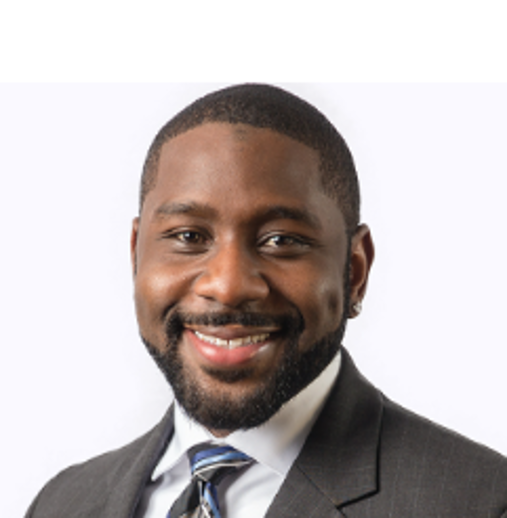 |
Demetri L. Morgan, PhD (he/him), plans to join the Center for the Study of Higher and Postsecondary Education at the University of Michigan in fall 2024. His research and teaching focus on the role of higher education in a diverse democracy. Dr. Morgan has published in leading academic journals, coedited a book on student activism, and secured over $5 million in external grants for his projects. Additionally, he's collaboratively authored book chapters, technical papers, and op-eds on topics like institutional governance challenges, campus climate, and race in higher education. |
 |
Donald Moynihan is the J. Ira and Nicki Harris Family Professor of Public Policy at the Ford School of Public Policy at the University of Michigan and co-director of the Better Government Lab. His research seeks to improve how government works and has written on the effects of politicization on public services, as well as tools to improve people's experiences of public services. |
 |
Vineeta Singh teaches in the interdisciplinary studies program at Virginia Commonwealth University, where she is part of the sixty-two percent of instructional employees who are non-tenure-track faculty hired on yearly contracts. Her teaching and research are grounded in critical and abolitionist university studies, historicizing contemporary conversations around diversity, equity, and inclusion in higher education by placing today’s controversies and confrontations in the context of four hundred years of US racial democracy. |
 |
Barrett Taylor is professor and coordinator of the higher education program at the University of North Texas. His research focuses on the relationship between universities and their environments, with particular attention to state politics and policy, the organization of academic work, and institutional inequality. |
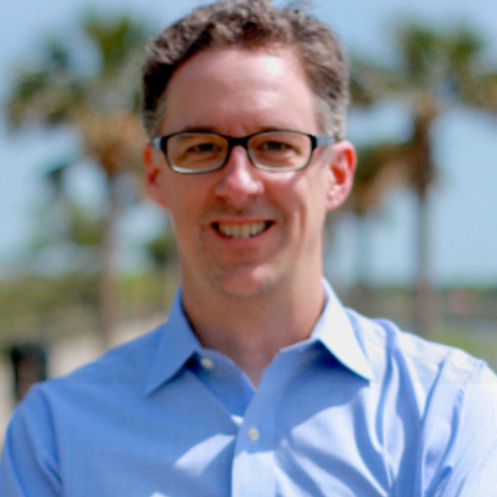 |
John Warner is a writer, editor, speaker, researcher, and author of nine books, most recently More than Words: How to Think About Writing in the Age of AI (Basic) and including Why They Can’t Write: Killing the Five-Paragraph Essay and Other Necessities (Johns Hopkins University Press). His book, Sustainable. Resilient. Free.: The Future of Public Higher Education (Belt) grapples with the ways the structure and funding mechanisms of higher education interfere with the teaching, learning, and research mission. John has been an Inside Higher Ed columnist for over a decade and writes weekly about books and reading culture at the Chicago Tribune and his associated newsletter, the Biblioracle Recommends. John lives in the Charleston, South Carolina, area and is affiliate faculty at the College of Charleston. |

